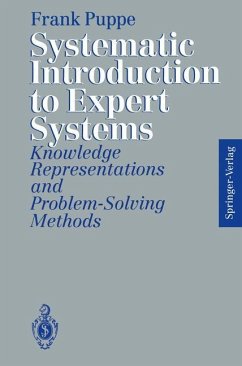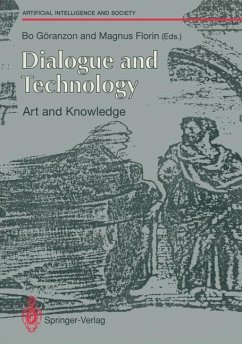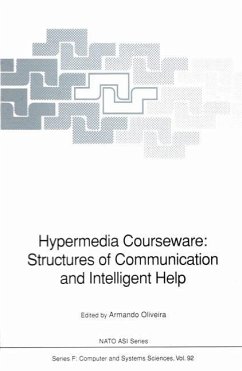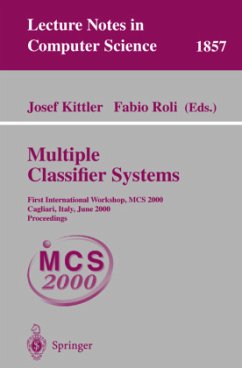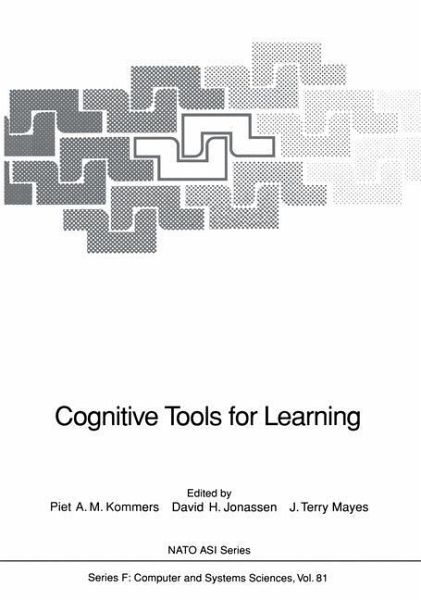
Cognitive Tools for Learning
Versandkostenfrei!
Versandfertig in 1-2 Wochen
77,99 €
inkl. MwSt.

PAYBACK Punkte
39 °P sammeln!
Hypermedia technology needs a creative approach from theoutset in the design of software to facilitate humanthinking and learning. This book opens a discussion of thepotential of hypermedia and related approaches to provideopen exploratory learning environments. The papers in thebook are based on contributions to a NATO Advanced ResearchWorkshop held in July1990 and are grouped into sixsections:- Semantic networking as cognitive tools,- Expert systems as cognitive tools,- Hypertext as cognitive tools,- Collaborative communication tools,- Microworlds: context-dependent cognitive tools,- Impleme...
Hypermedia technology needs a creative approach from theoutset in the design of software to facilitate humanthinking and learning. This book opens a discussion of thepotential of hypermedia and related approaches to provideopen exploratory learning environments. The papers in thebook are based on contributions to a NATO Advanced ResearchWorkshop held in July1990 and are grouped into sixsections:- Semantic networking as cognitive tools,- Expert systems as cognitive tools,- Hypertext as cognitive tools,- Collaborative communication tools,- Microworlds: context-dependent cognitive tools,- Implementing cognitive tools.The book will be valuable for those who design, implementand evaluate learning programs and who seek to escape fromrigid tactics like programmed instruction and behavioristicapproaches. The book presents principles for exploratorysystems that go beyond existing metaphors of instruction andprovokes the reader to think in a new wayabout thecognitive level of human-computer interaction.






